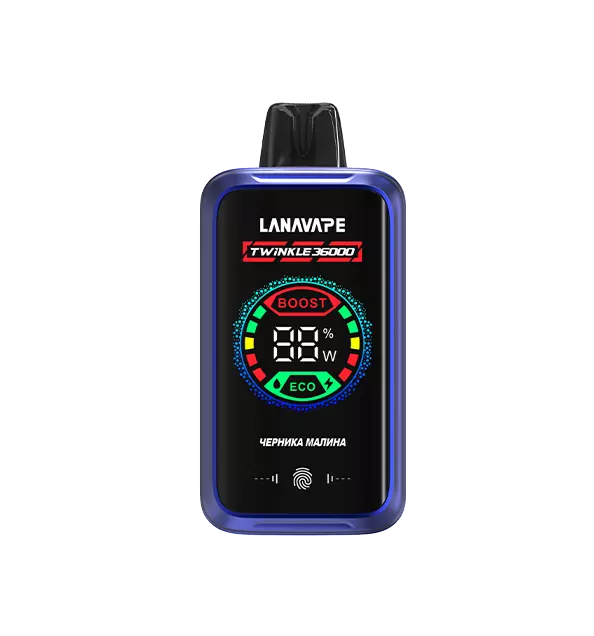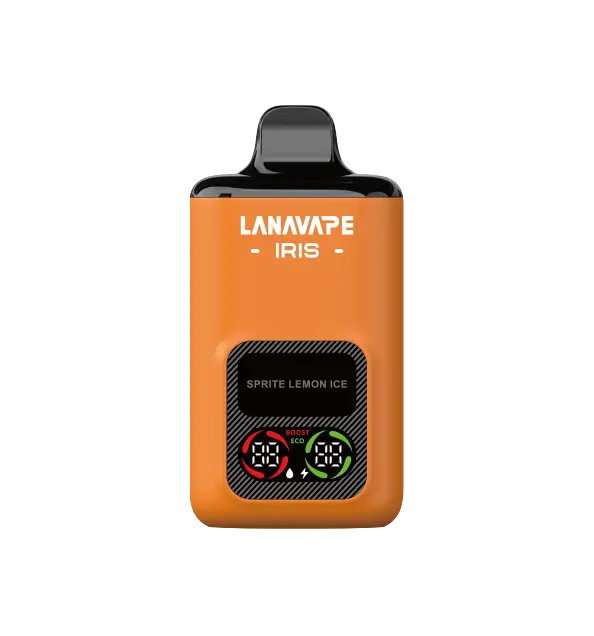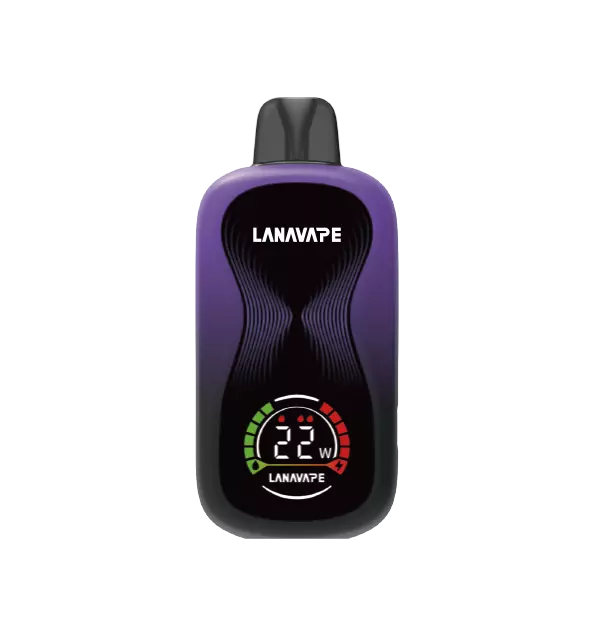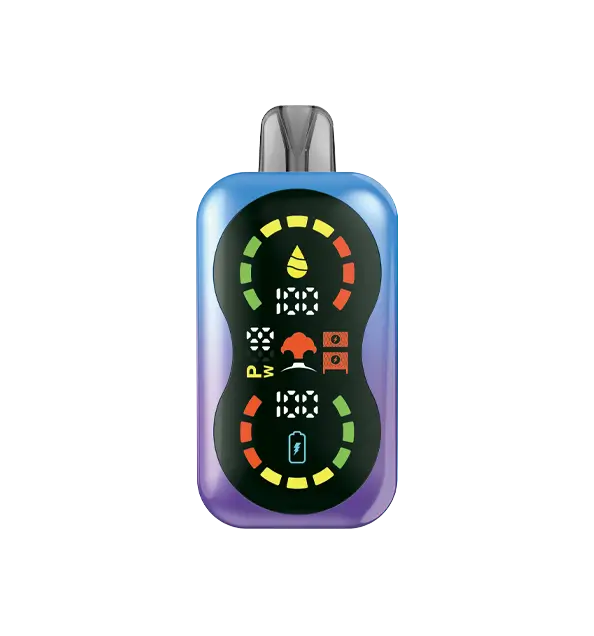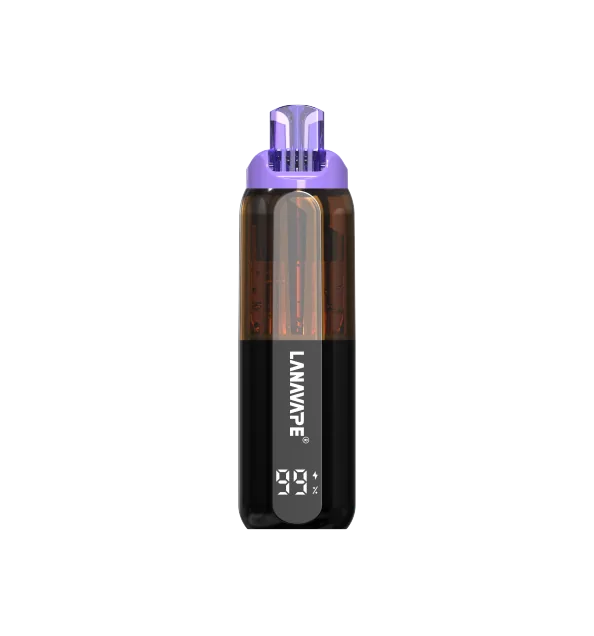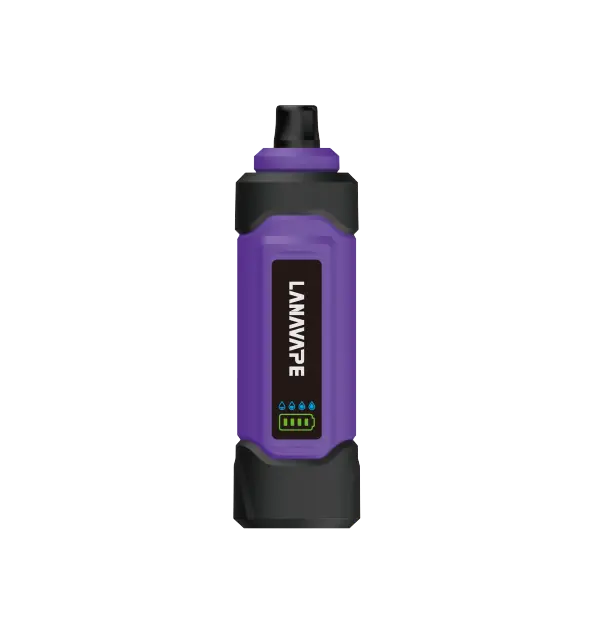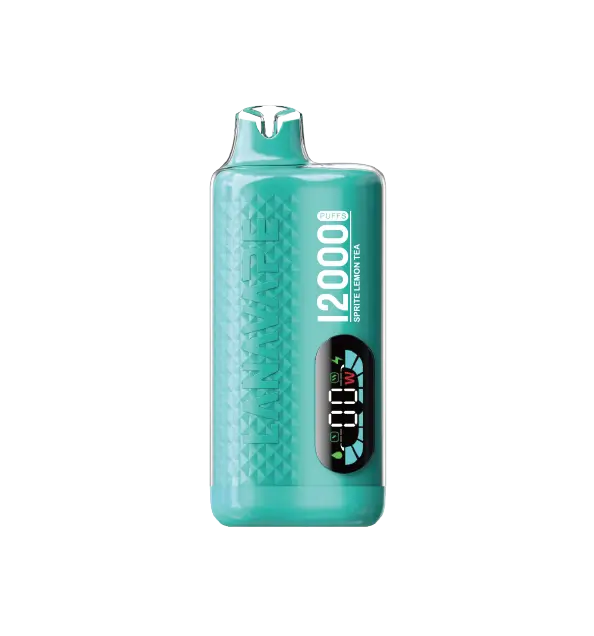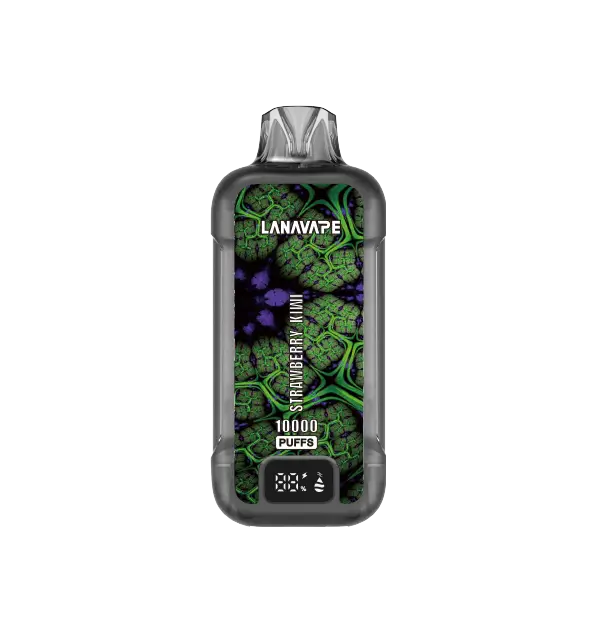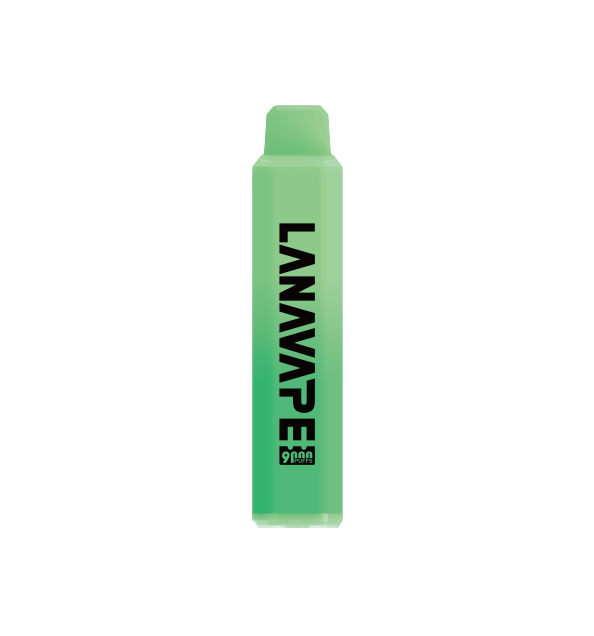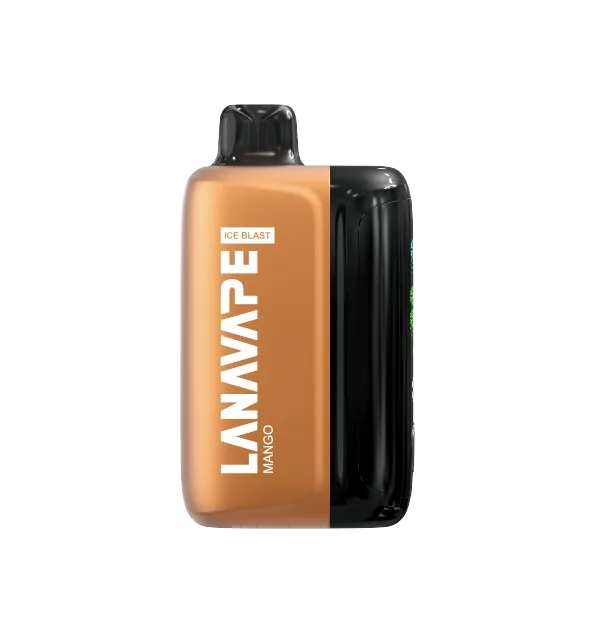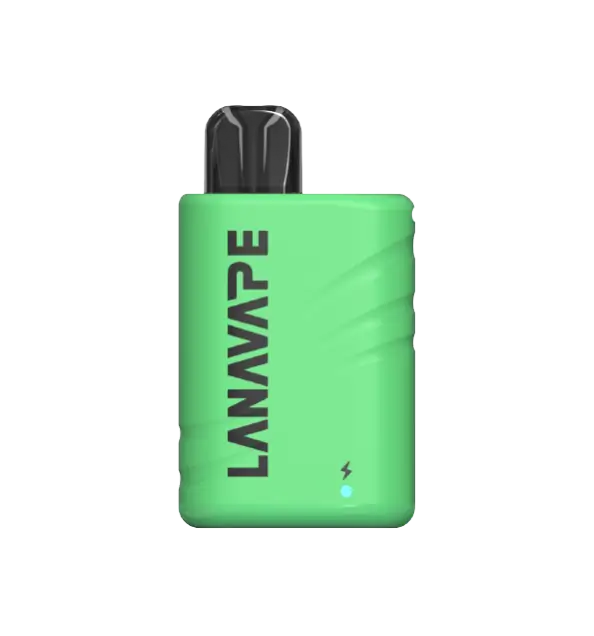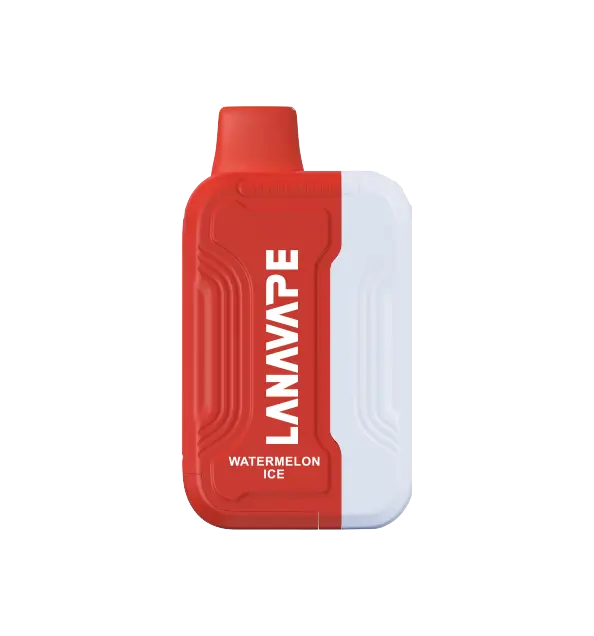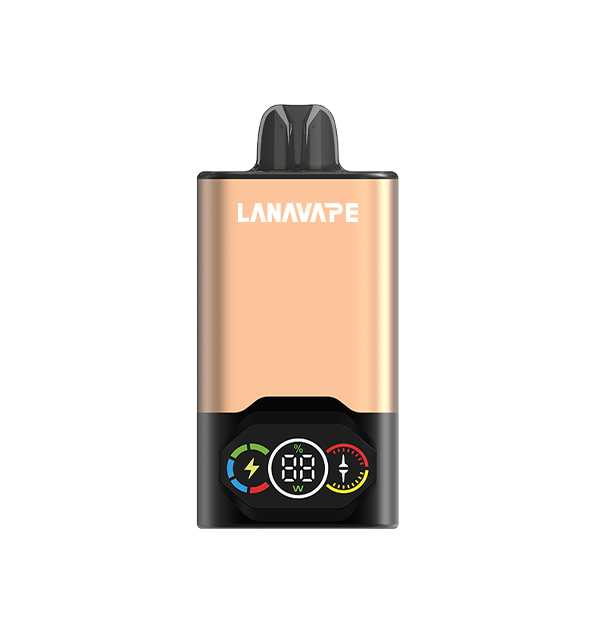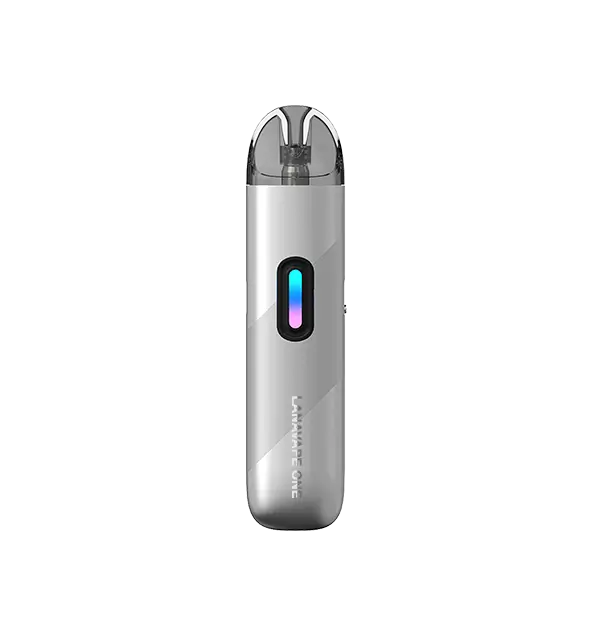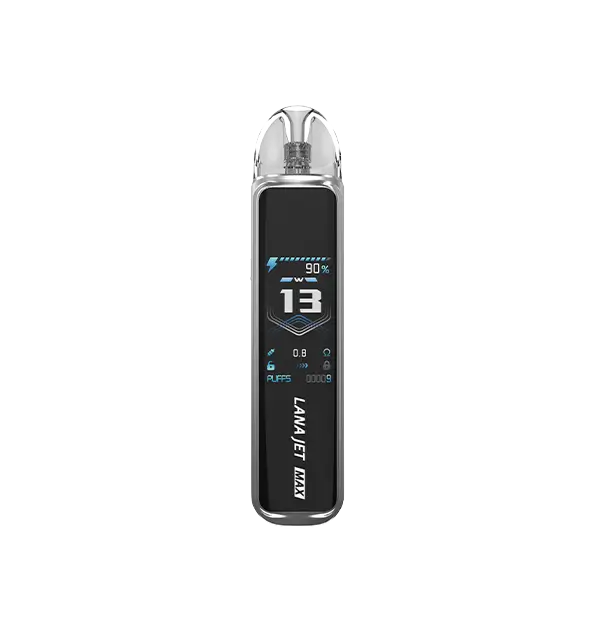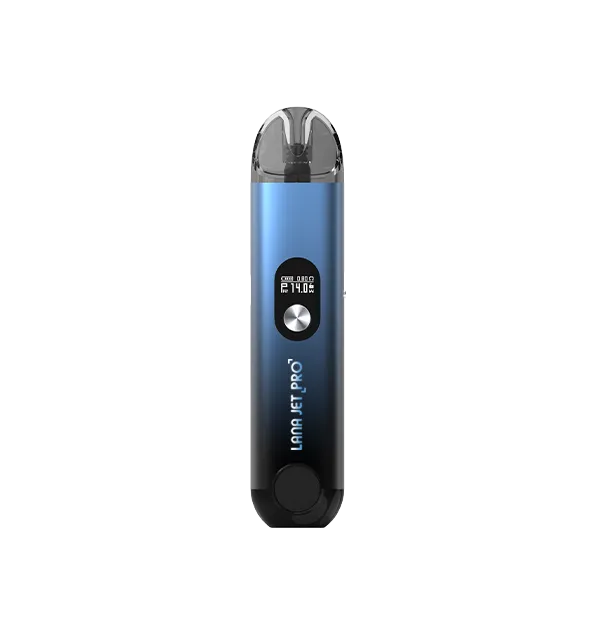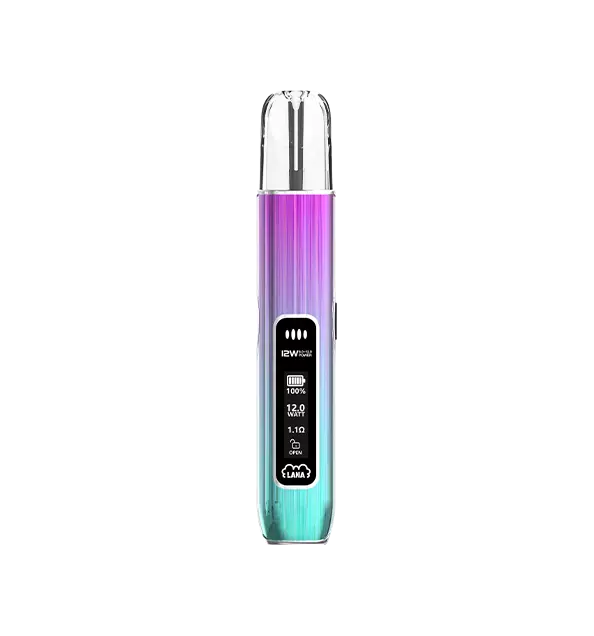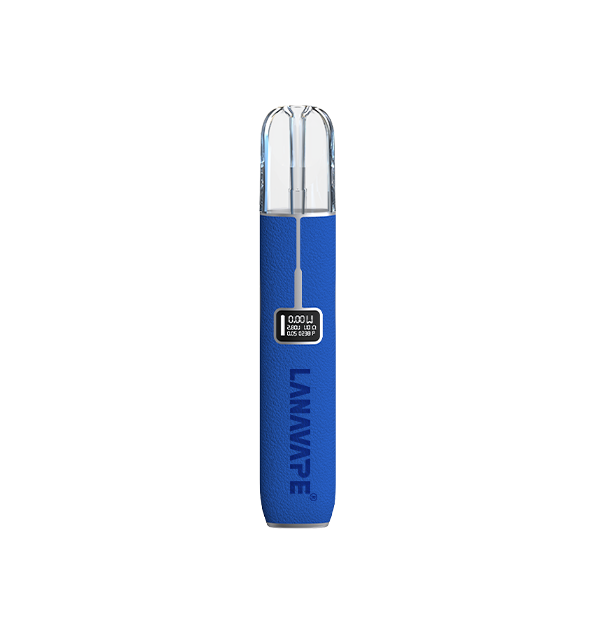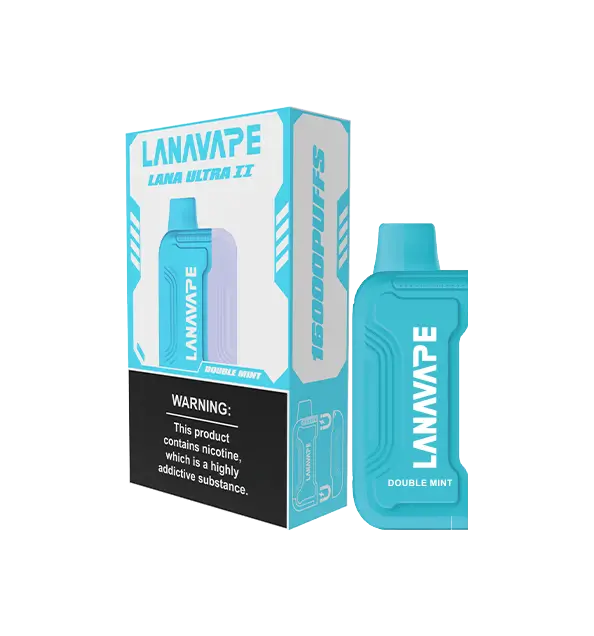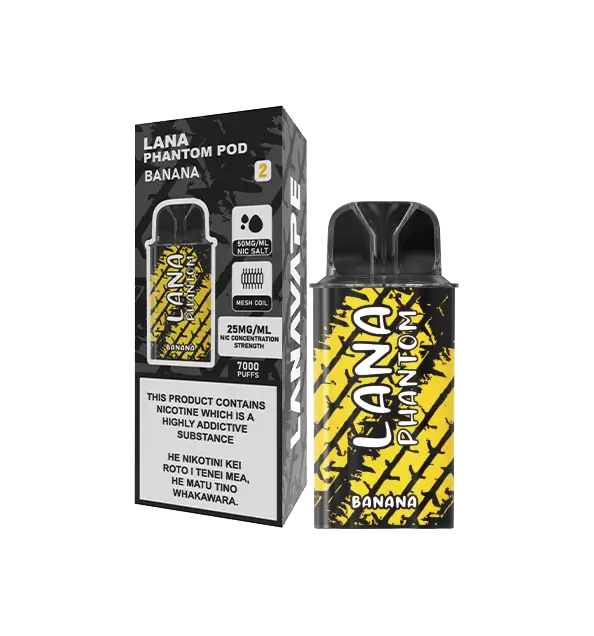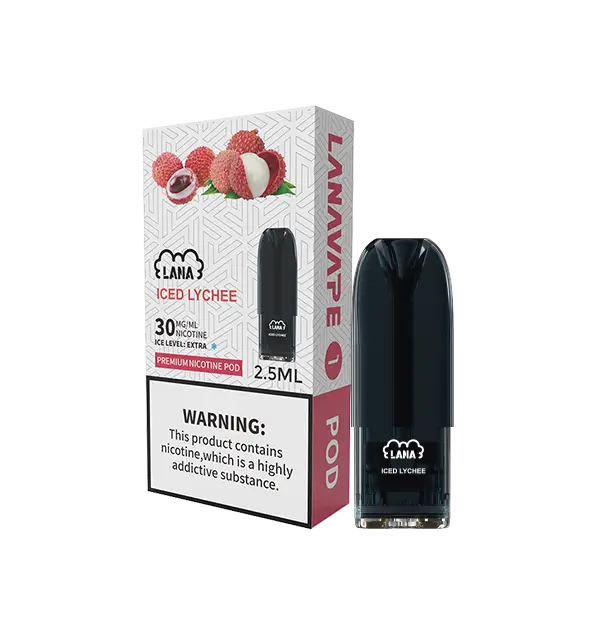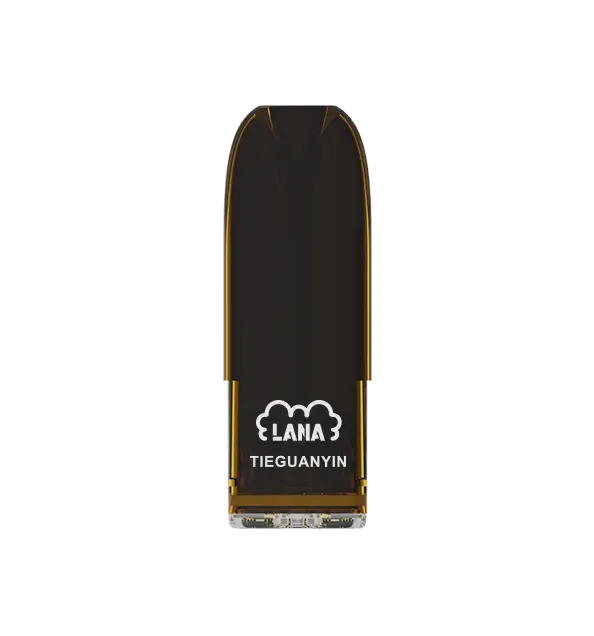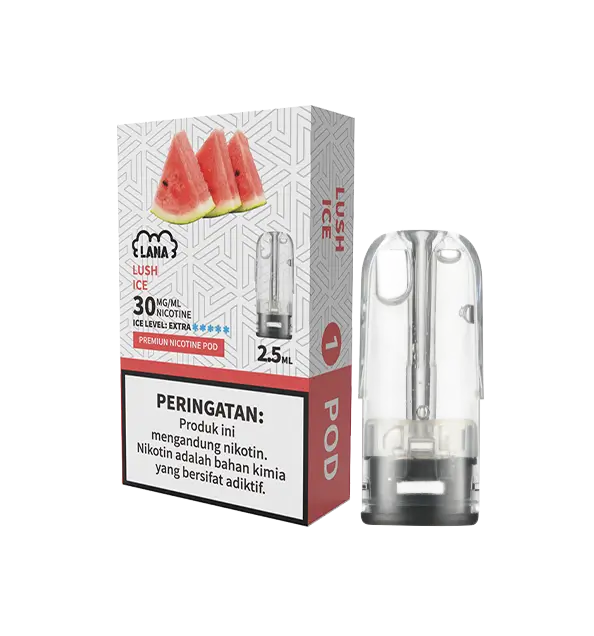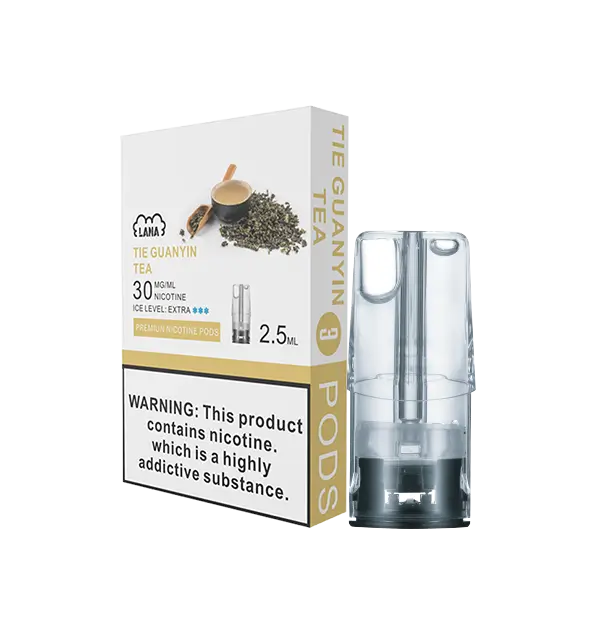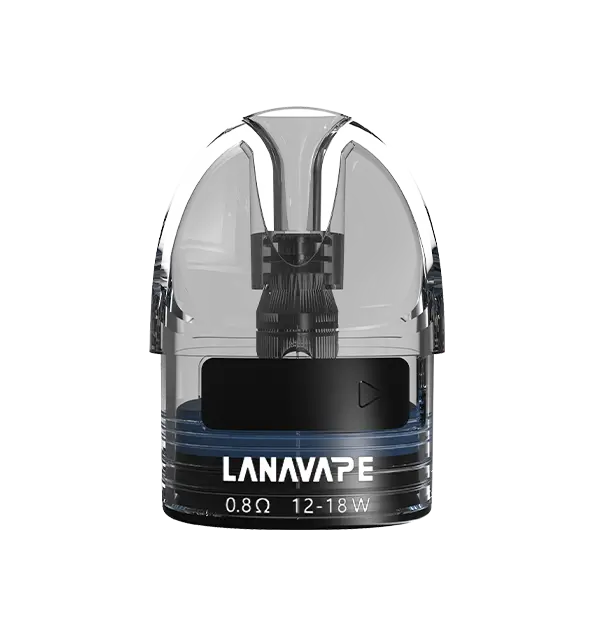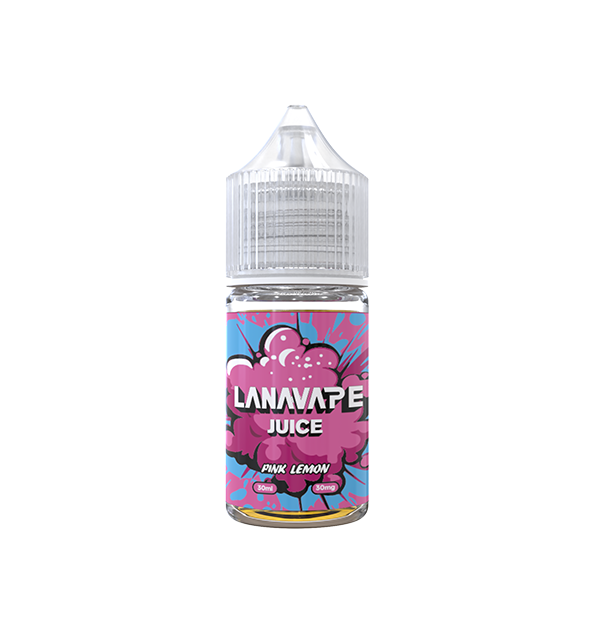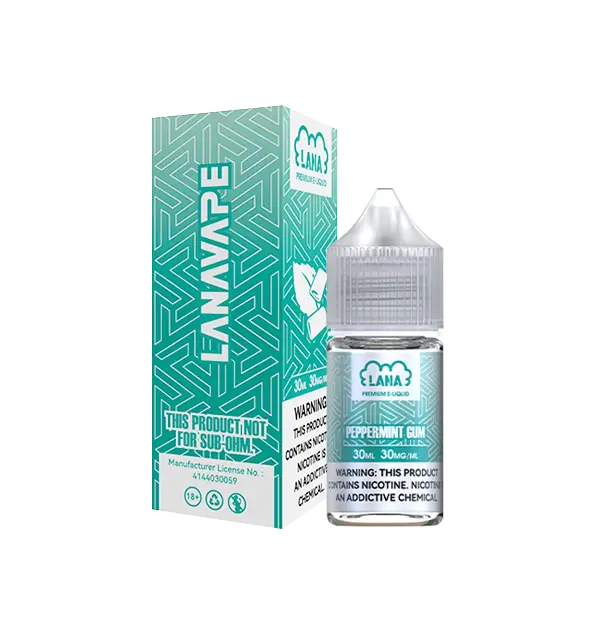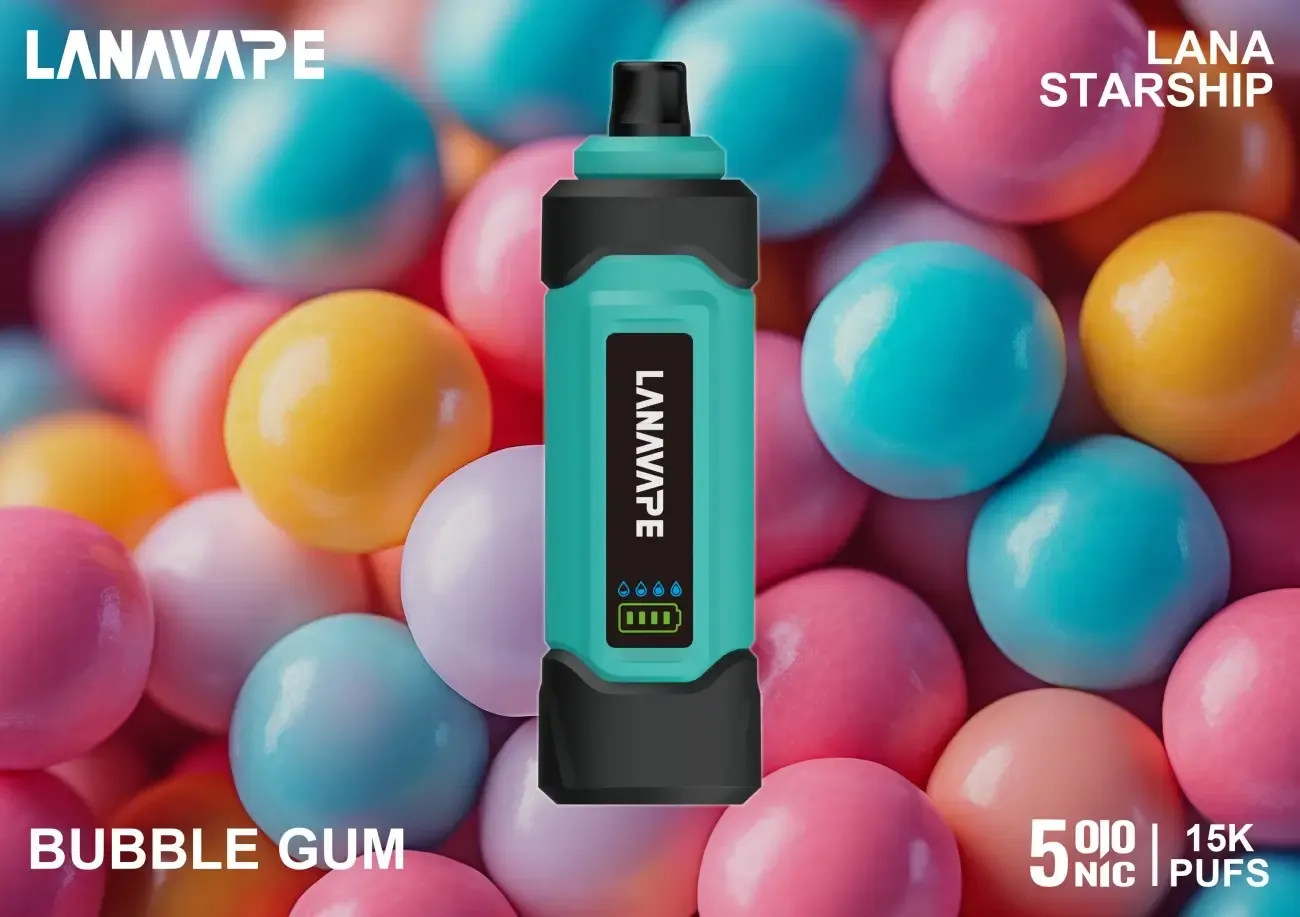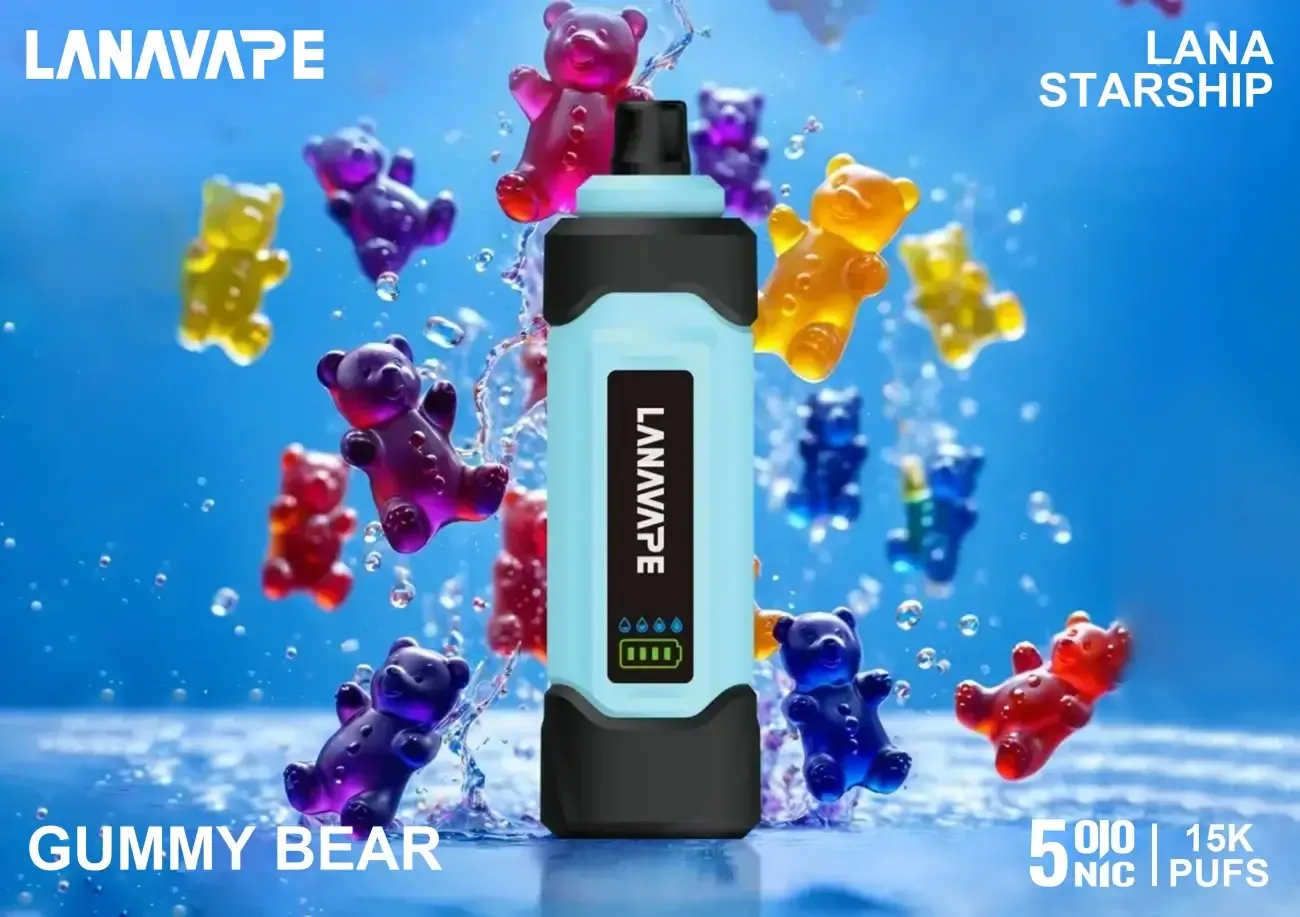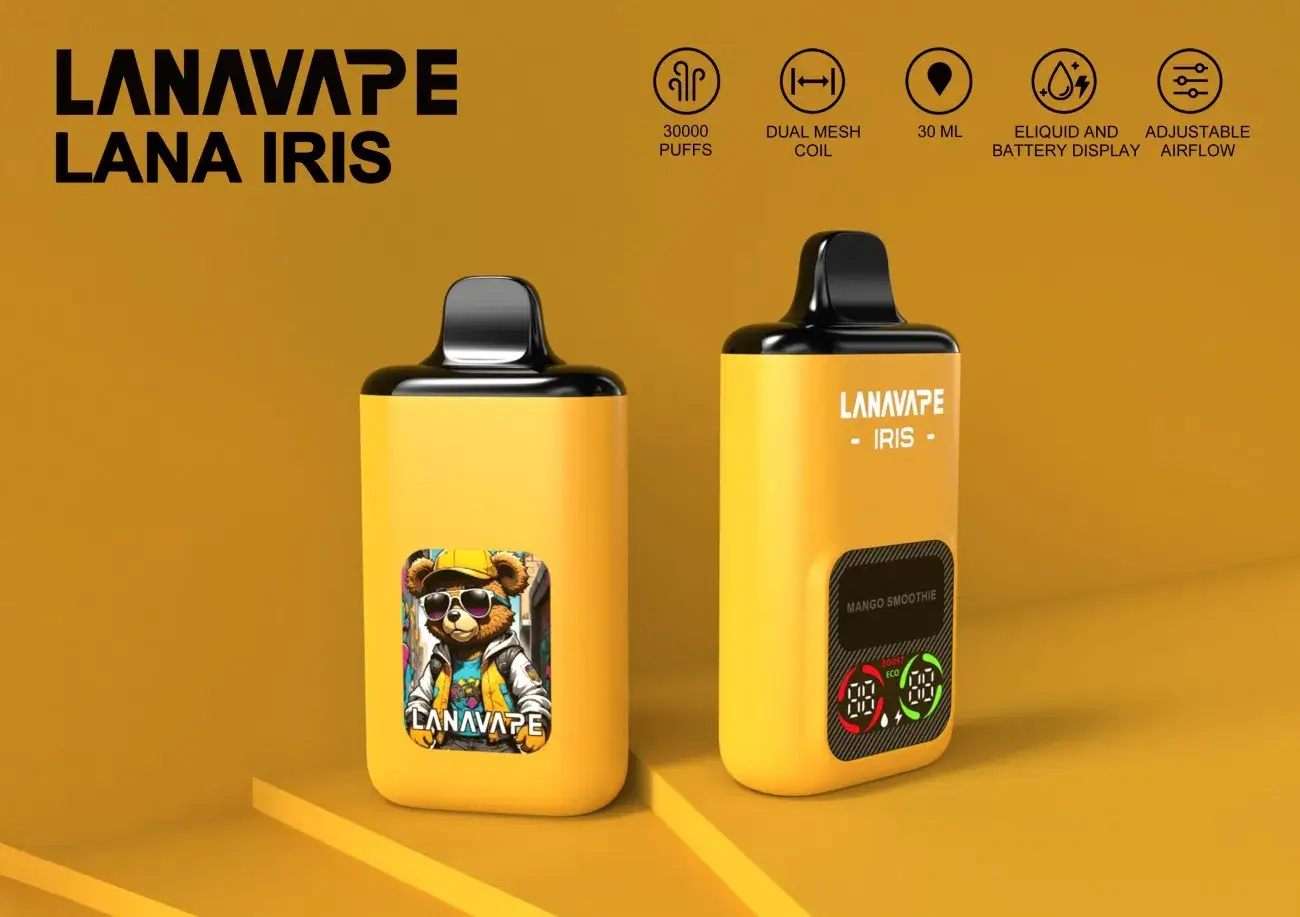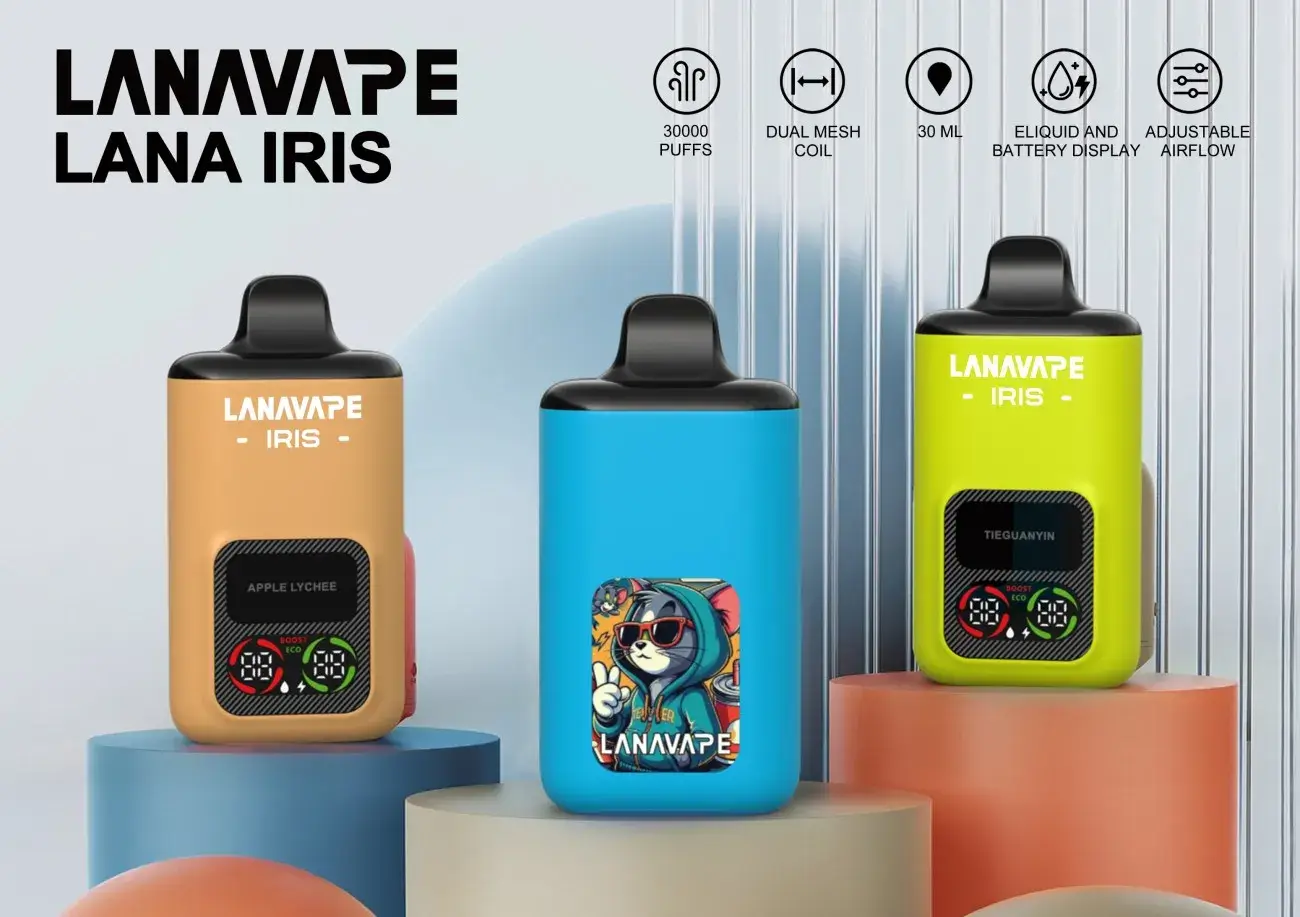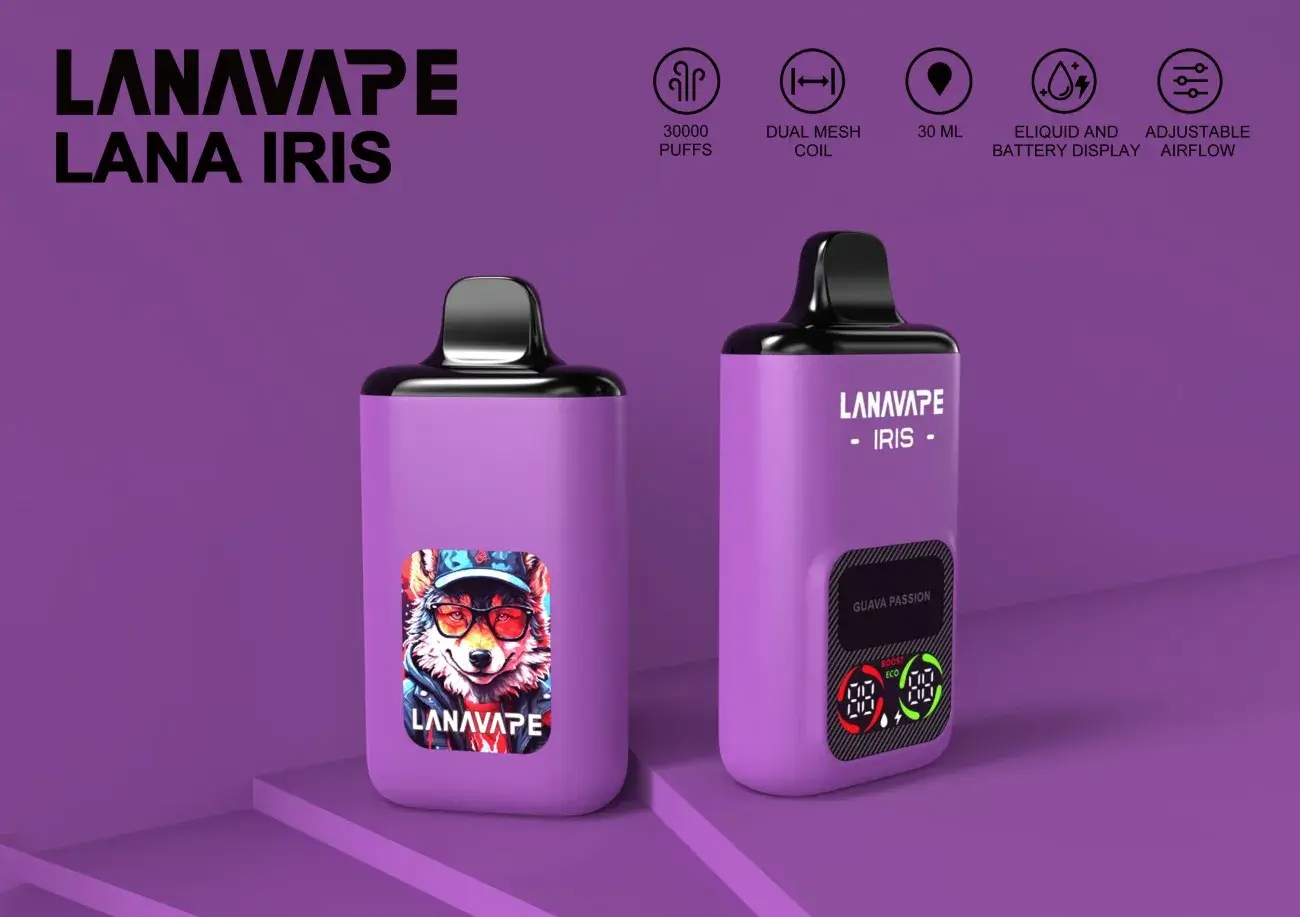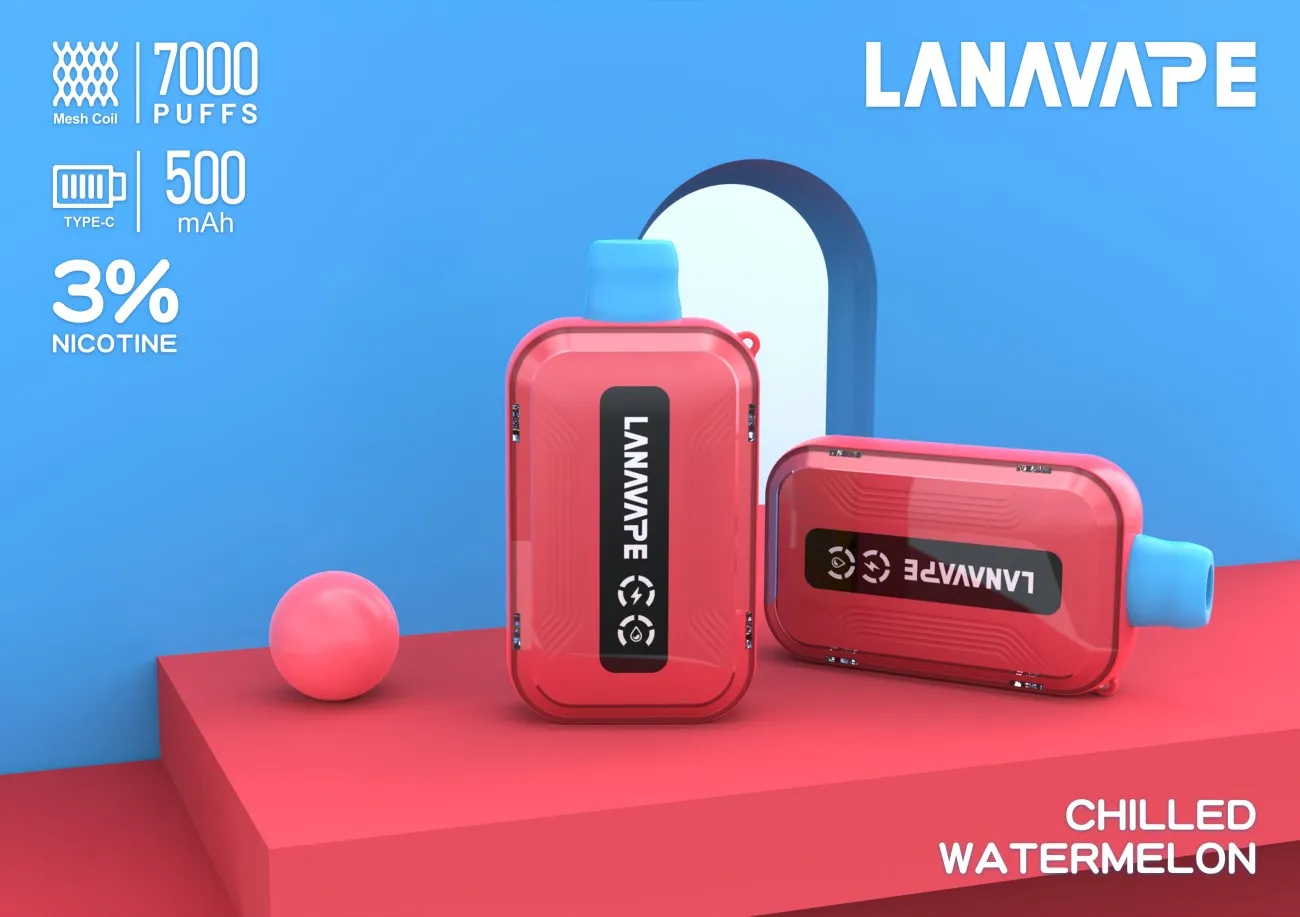
Among the numerous distinct cannabinoids in the cannabis plant, CBD is legitimate medicine: A plant-derived CBD pharmaceutical is approved by the federal Food and Drug Administration to treat severe epilepsy.
And many CBD consumers swear that a few drops of hemp-derived CBD oil or a few puffs on CBD-rich cannabis can soothe headaches and anxiety, or relieve pain—strong claims that get some CBD companies in trouble, but that are supported by at least some science and medical research.
CBD is not considered to be mind-altering in the same way that THC, or tetrahydrocannabinol, is in its ability to affect mood and perception in what we refer to as “being high.” That said, since CBD is also associated with anti-anxiety effects and seizure reduction, as noted above, it’s inaccurate to say “CBD is non-psychoactive.”
But best of all, CBD isn’t illegal in the United States—or at least it isn’t under federal law. While it’s true that the 2018 Farm Bill legalized the production and cultivation of hemp—from which most CBD products are derived—as usual, the reality is more complicated. And here’s where potential problems arise.
In a reversal of the patchwork of state laws that legalize the THC cannabis that’s still banned by federal law, a handful of states have passed laws that forbid CBD products derived from the cannabis.
Because CBD is federally legal under the Farm Bill, and because CBD doesn’t get you high, CBD products are popular with people in sensitive jobs who are still subject to the ever-diminishing practice of drug-testing.
But there are still plenty of Americans in positions where even CBD is banned. Active-duty members of the military, for example.
And everyone using anything aside from an FDA-approved CBD product should watch out: Since most CBD products are wholly unregulated, some actually contain enough THC to trigger a positive for THC on a drug test. In other words, while CBD itself won’t cause you to fail a drug test, you’re still taking a chance depending on the product formulation.
These complications highlight an important question: How long does CBD stay in your system?
The answer depends on the reason for asking. Are you trying to beat a drug test? Are you just trying to stay as clear-eyed and uninfluenced by anything as possible? How long CBD is “active” in the body depends on the activity.
WILL CBD FAIL A DRUG TEST?
As Healthline noted, drug tests search for THC metabolites and not CBD, since it’s THC that’s banned at specific thresholds by organizations ranging from the Olympics to the local public-transportation authority as well as the military.
CBD derived from hemp—and only hemp—should have a THC concentration of no more than 0.3 percent by weight. But you should also be aware of what kind of CBD you’re ingesting. Was it full-spectrum, broad-spectrum or isolate?
CBD isolate is just CBD, separated from other components of the source material via a chemical process. That’s the safest product.
Full-spectrum CBD is derived from the whole hemp plant and contains the full range of cannabinoids and terpenes. That means it may contain 0.3 percent THC. It also may not (thanks to the current regulatory situation).
Broad-spectrum CBD products are supposed to have everything but the THC, which is removed.
If you’re worried about a CBD product leading to a failed urine test, you should stick to products made from CBD isolate—and you should also try to buy regulated products that adhere to the standards printed on the label.
HOW LONG DOES CBD AFFECT THE BODY?
If pure sobriety—and not even California sober!—is what you’re after, the question is different. You want to know how long CBD activates the body’s cannabinoid receptors, triggering the anti-inflammatory and anti-anxiety effects, among others.
This question is a little harder to answer, but generally the answer is between two and six hours—depending on the dose, of course. A small dose will be felt for a shorter amount of time (or depending on your tolerance level, not at all). The method of ingestion also matters.
Inhaling vaporized or smoked CBD flower will trigger a more rapid onset of effects than oral consumption of an edible or oil.
HOW LONG DOES CBD LAST IN YOUR SYSTEM?
This is the hardest question to answer. Variables include frequency of use, the amount used and conditions including your body type. Body-mass index, body-water content and metabolism are all factors that influence how quickly anything will stay in your system. CBD is no different.
Like THC, CBD accumulates in the body over time, according to Healthline, which means someone who consumes heavily will have CBD in their body days or even weeks after use. A lighter user will see CBD cycle in and out of their body in a shorter amount of time.
But the good news here is that in big or small quantities, CBD is something your body can tolerate with little to no ill side effects—it’s “safe and well tolerated,” in the words of one research team. Unless you’re looking to beat an intensive drug test—and unless you’re dealing with impure CBD—the question of “how long does CBD stay in my system” is one that you don’t need to readily answer.

